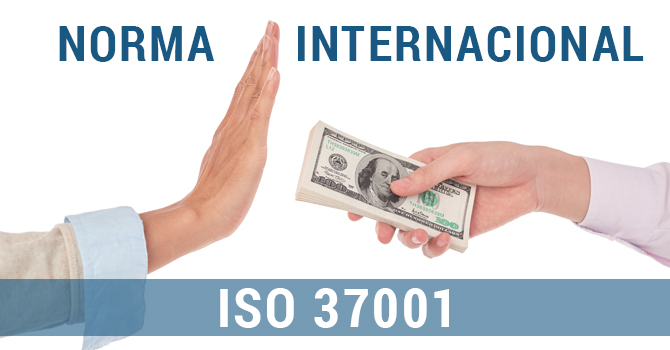
Corruption is defined as criminal acts committed by officials and authorities who abuse their power, intentionally managing the financial and human resources assigned to them, and influence the intentional misuse of financial and human resources to those who have access, prioritizing their personal interests or those of their relatives above others.
Some examples of these acts are: bribery, influence peddling, extortion, royalties, nepotism, which are a serious threat to public, professional or business ethics. Corruption affects any type of organization, regardless of whether it is public, private, non-governmental, charitable, large, medium or small.
In Costa Rica there is Law 9699 on the “Liability of legal persons for domestic bribery, transnational bribery and other crimes”, which seeks to regulate the criminal responsibility of legal persons for the crimes contemplated in Law No. 8422, Law against Corruption and Illicit Enrichment in the Public Service.
A tool such as the implementation of ISO 37001, is aligned with the purpose of said law, regarding the management of risks to which the Organization is exposed, and their treatment for the prevention of crimes, also obtaining a series of benefits such as: increased trust of customers and interested parties, compliance with applicable legal requirements, commitment at all levels against acts of corruption, opening to new markets.
SGE Consultores offers consulting and training services in the implementation of the ISO 37001 standard. We invite you to our next course on ISO 37001 Anti-Bribery Management Systems.
For more information, contact ventas@sge-consultores.com, by phone (506) 22 25 16 35 or WhatsApp (506) 7093 4209.
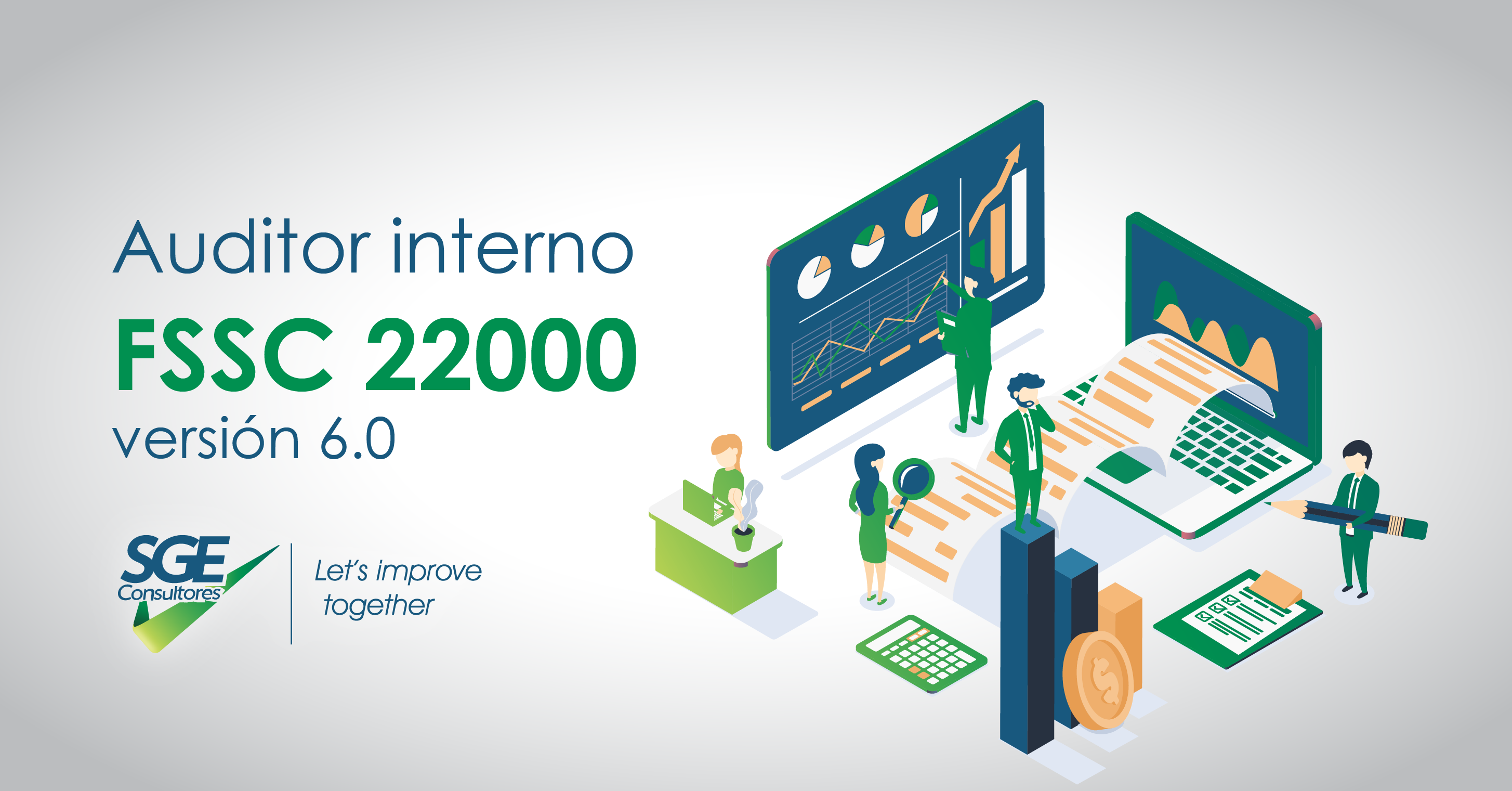
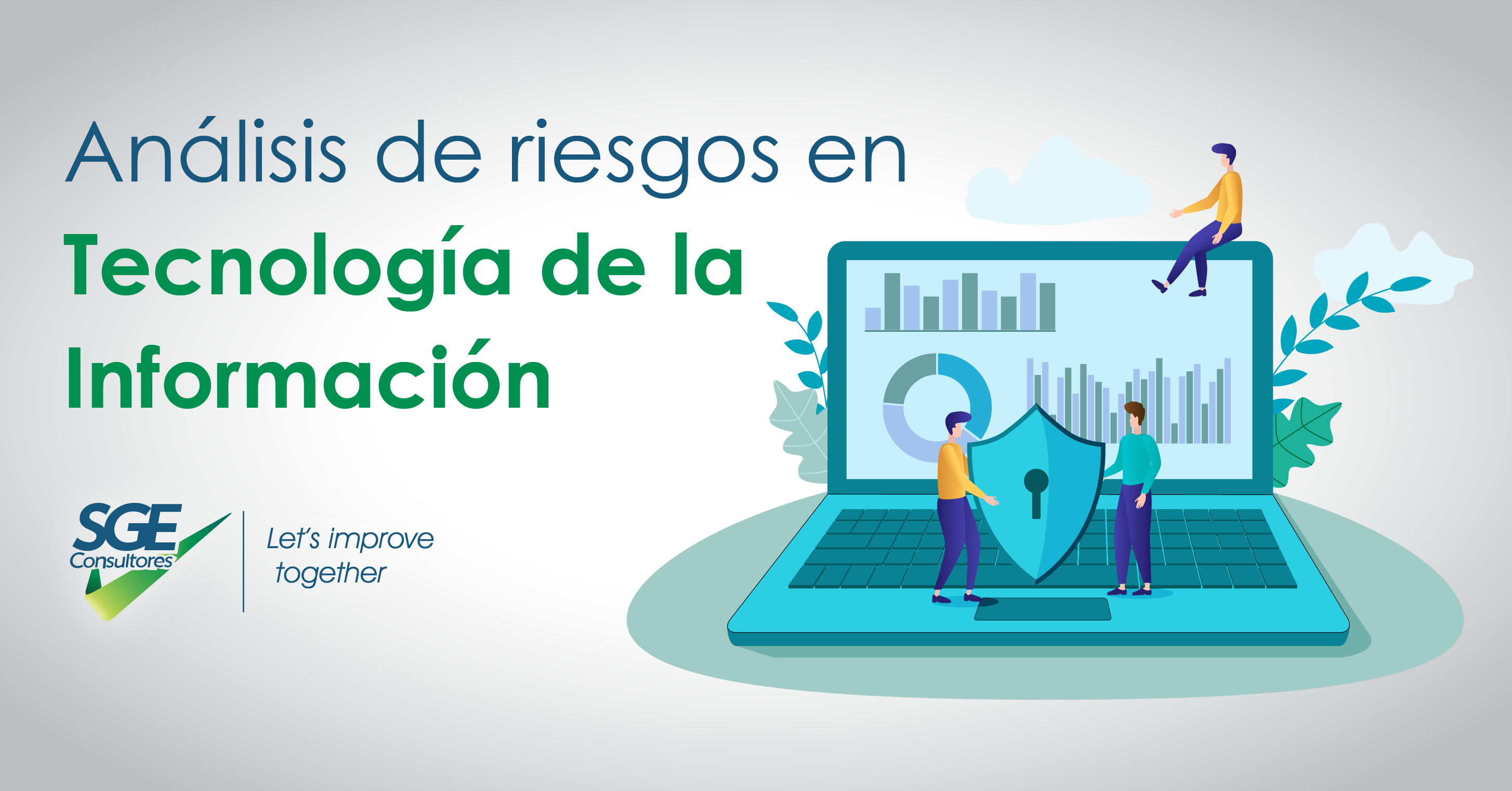

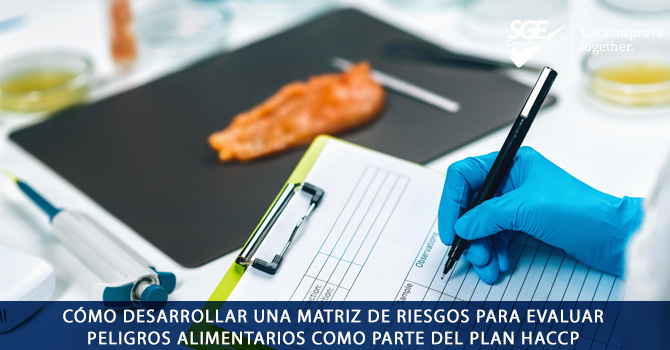
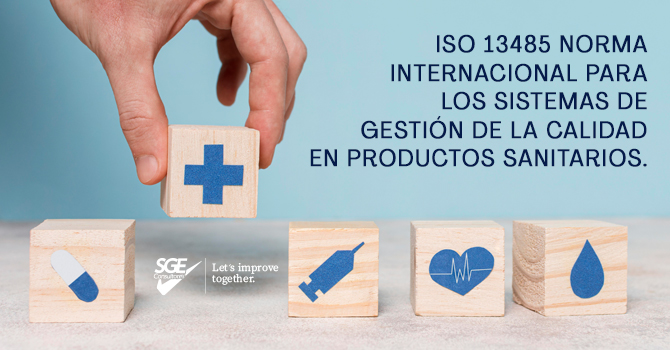
0 comments